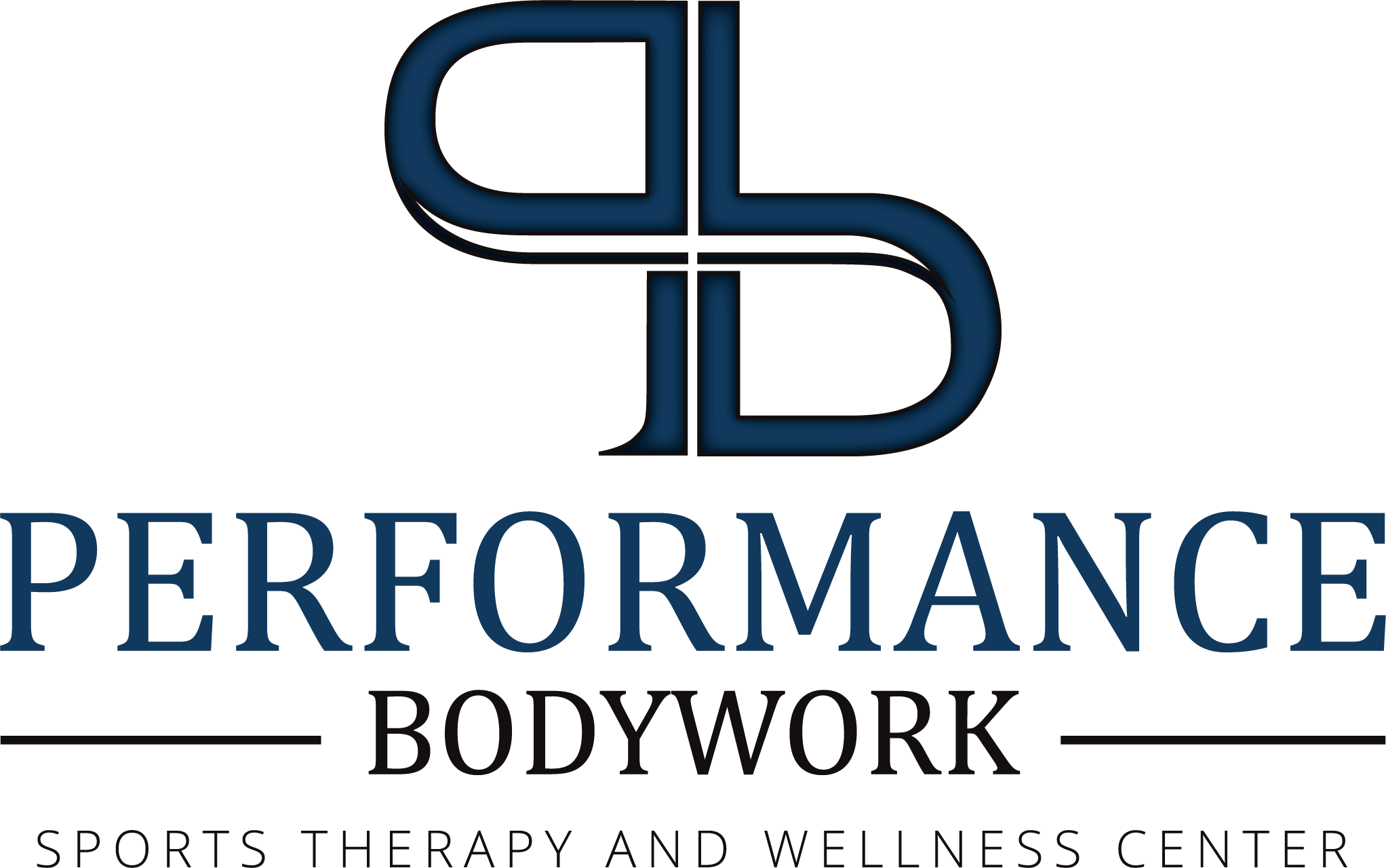Portland: (503) 568-1390 | Beaverton: (503) 372-6035
PNF Stretching

Proprioceptive Neuromuscular Facilitation, or PNF Stretching, is a technique that is used to increase flexibility and range of motion. It is used for rehabilitation, by athletes who are in training, or anybody who wants to keep their muscles conditioned and maintain an overall level of fitness.
PNF Stretching can be carried out in a number of ways, but in order to do it correctly, a partner, or external resistance force must be utilized. A couple of the most common types are explained below.
Post-isometric Relaxation (PIR): Post-isometric relaxation stretching is a type of PNF technique. When our muscles contract isometrically for a set period of time, once this contraction is “let go”, the muscle experiences an increased state of relaxation than what they had prior to the contraction. Carrying out this technique requires a partner trained in how to do it. First, the partner will position the target muscle being stretched into its maximal, elongated state (far enough to where the person being stretched still feels comfortable with the stretch, without pain). Next, the subject will contract this muscle, and the partner will provide resistance against them, holding an isometric contraction (no movement) for 7-10 seconds. Upon release of the contraction, the partner will then apply the stretch for 20-30 seconds, which should be with an increased range of motion than before. This can be repeated 3-5 times for best results.
Contract-Relax-Antagonist-Contract (CRAC): This method starts out similar to PIR, with the muscle being passively moved into a gentle stretch. The muscle will then be contracted for 7-10 seconds against resistance, and then relaxing the muscle. Immediately after, the antagonist muscle (muscle that does the opposite action) is contracted and held for another 10 seconds. Upon, relaxation, the muscle is then again passively stretched for 20-30 seconds. This can be repeated 3-5 times for best reuslts.
There are many other methods of PNF Stretching, and they are very effective for rehabilitation, increasing flexibility and performance, and to help with the prevention of injury. Our FST Therapists often use PNF techniques in their Fascial Stretch Therapy sessions.
